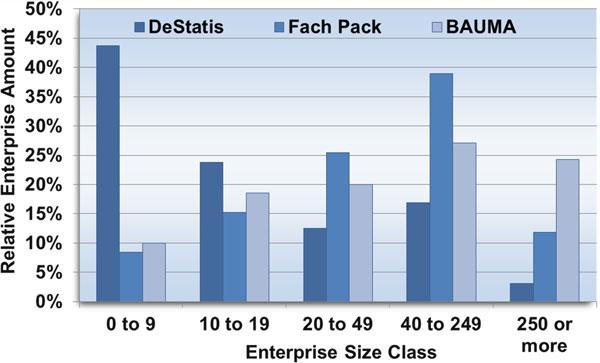16
Profile of Young Entrepreneurs in Spain in Times of Recession
16.3
153
Profile of Young Entrepreneurs in Spain
Although it is not possible to establish the profile of an individual who is more likely to create a company (Brockhaus and Horwitz 1986; McDougall et al. 1992), an entrepreneur must have the skills of originality and innovation, moderate risk aversion, acceptance of responsibilities, an understanding of the results of their actions and long-term planning (McClelland 1961). Entrepreneurs also show the characteristics of needing to achieve, self-confidence, optimism, creativity and autonomy. Demographic, training, experience and psychological factors have also been identified (Fuentes and Sánchez 2010). Based on data provided by the Association of Young Entrepreneurs of Madrid (AJE) and the Spanish Confederation of Young Entrepreneurs (CEAJE) below we detail the characteristics of AJE members. Firstly (and something that is hugely important for strategic decision making), young entrepreneurs generally represent the collective aged between 18 and 35. However, the data and current social changes show members of the Young Entrepreneurs Association aged between 18 and 40. Table 16.2 shows the sociodemographic variables and it can be seen that the collective is predominantly aged between 26 and 35 (34.71 % of the members). The next largest group are those aged between 35 and 40 (30.84 %) followed by those over 41 (30.44 %). Entrepreneurs under the age of 25 are in the minority (4.01 %) because at that age future entrepreneurs are still studying, ending their studies or acquiring experience in other jobs. In terms of gender, men are in the majority. 77 % of young business owners are male and 23 % female. A large percentage of young entrepreneurs are single (57 %), and 38 % are married. Secondly, we need to establish characteristics of the entrepreneur and the company. Table 16.3 shows that 81.71 % own the company they created and it is the only company they operate with (93.47 %). They choose the legal figure of a limited company (77.33 %) and the company is more than 5 years old. 61.71 % have from 1 to 10 employees and the turnover is less than €500,000 (84.68 %).
Table 16.2 Sociodemographic variables of young entrepreneurs
Age range Under 25 From 26 to 35 From 35 to 40 Over 41 Gender Man Woman Marital status Single Married Other Source: AJE Madrid (2011)
% 4.01 34.71 30.84 30.44 % 76.64 23.36 % 56.87 37.92 5.21






